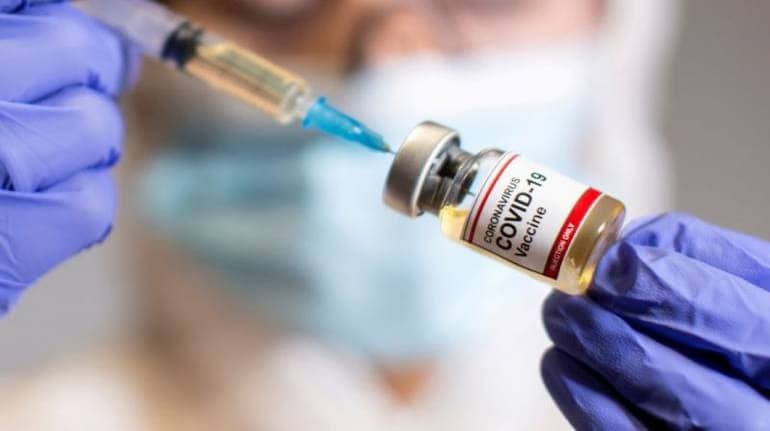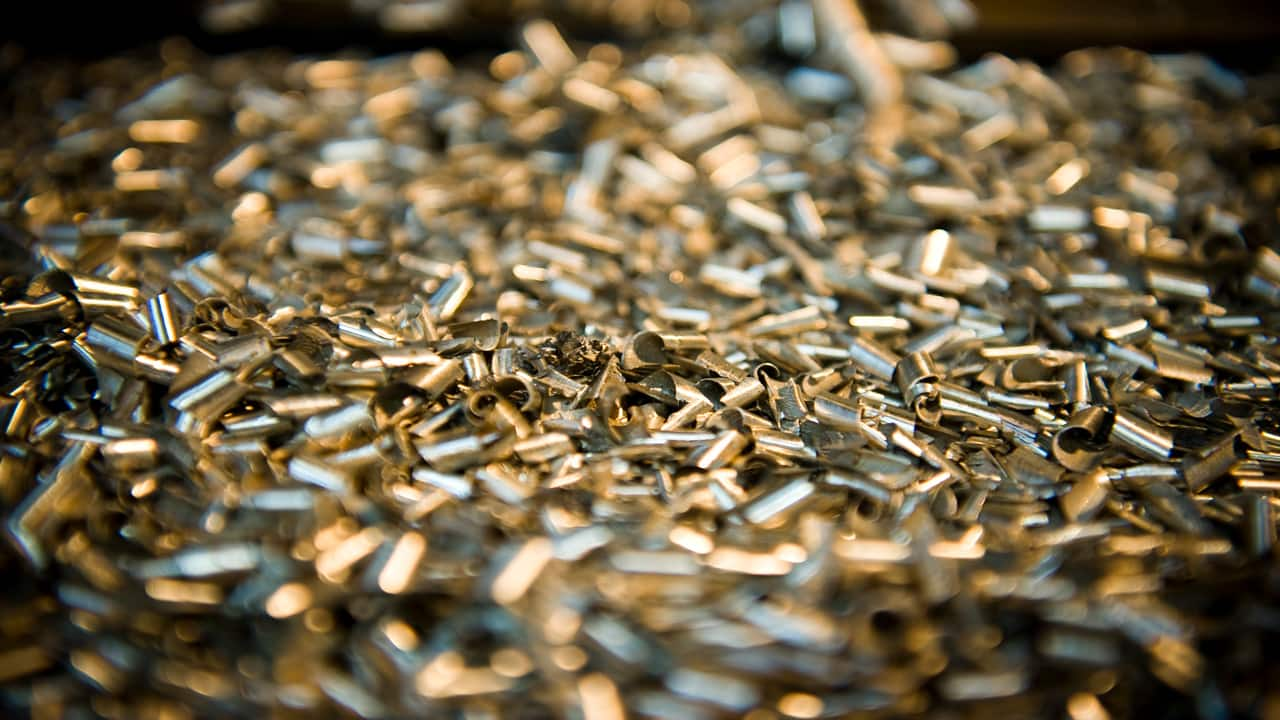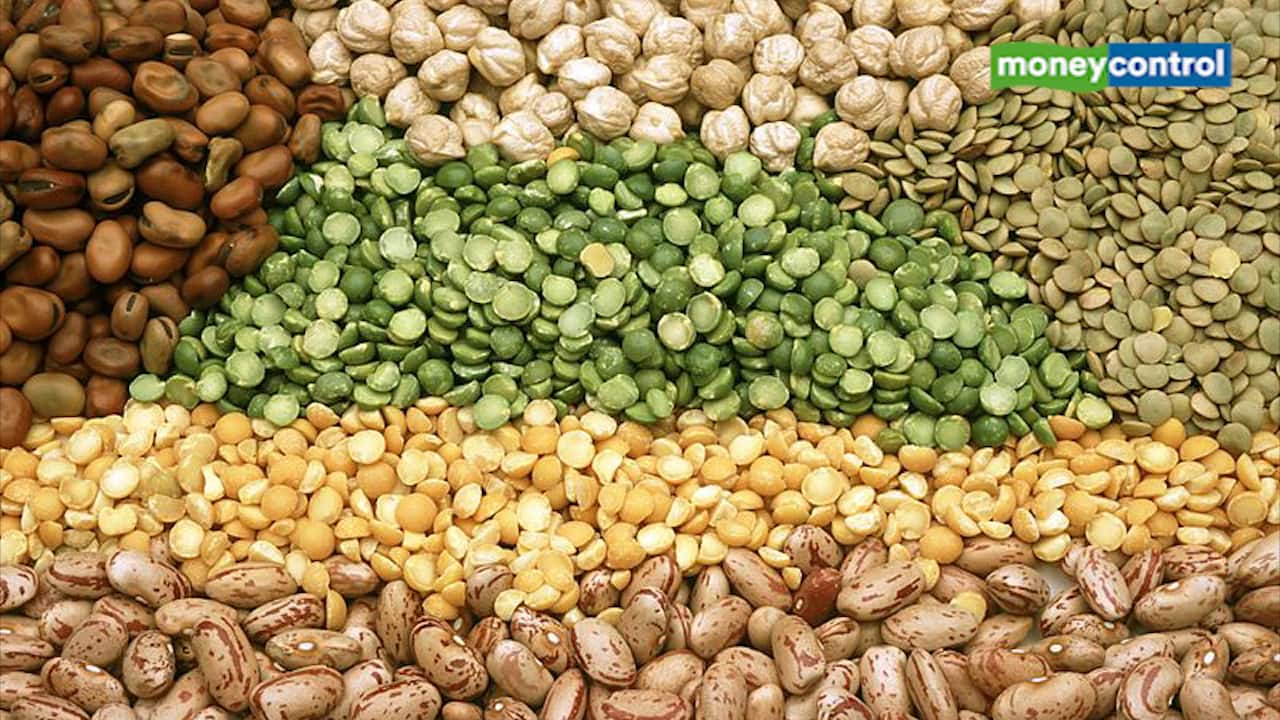The vaccine ecosystem may need to borrow the concept of just-in-time, which is widely used in the auto sector, to store, distribute and administer the couple of billions of COVID-19 vaccines that will be required in India.
This is especially so given the complexity of storing and transporting some of the vaccines that are being developed, and that includes the one by Pfizer and BioNtech that needs to be stored at -70 degrees.
"Just like in an auto assembly line, the system here also should run efficiently. Everything will be determined by capacity to administer the vaccine," RS Subramanian, Senior Vice President and Managing Director, DHL Express India, told Moneycontrol in a recent interaction.
He explains:
"For instance, if India can administer a million doses a day, there is no point in procuring 100 million doses and storing it for 100 days. Therefore your distribution and delivery capacity will have to factor in the number of days needed to take the vaccine to the last mile. If it is a week, then a million doses will have to be fed into the system accordingly."
The concept of just-in-time is a regularly followed concept in manufacturing, especially by auto companies. Under this, all the different parts, including components and labour, arrive just the time when needed in the assembly line.
That is why the present healthcare infrastructure may have to be improved if COVID-19 vaccines have to be administered in the scale and deadline that the government intends to.
Prime Minister Narendra Modi indicated on December 7 that "the country will not have to wait too long for it."
The present set-up
India already has an infrastructure that delivers vaccines to 2.5 crore newborns every year. That's among the largest initiatives of its kind anywhere in the world. Companies like DHL Express, which is the largest courier service provider in the country, also have moved medicine and healthcare-related shipments that require special care.
"The process is determined by temperature and hygiene control. You can achieve this with the right kind of packaging and supplementary temperature control. If it's in small quantities, you put it in an ice pack and refrigerate it. If it's needed in a large quantity you put it in a freezer cabinet," says Subramanian.
Packaging can be altered depending on the need. Like adding an extra layer to retain the temperature. While transporting it, the temperature has to be monitored in regular intervals. There are intermediary handling stations that check this, as the shipment arrives from a country, and then has to again be flown to reach its final destination. "The temperature has to be monitored and the cooling ice or whatever is needed, has to replenished," says Subramanian.
Interestingly, DHL Express has used liquid nitrogen-led cooling for shipments. Liquid nitrogen has a boiling point of -196 degrees Celsius.
For the COVID-19 vaccines, some of these capabilities will have to be scaled according to the requirement. Not just that.
"Just like in auto, where a lot of accessories that need to reach a factory just in time, it will be similar in COVID-19 vaccines too," says the senior DHL Express executive. To store, transport and deliver these vaccines, brings a whole host of complementary requirement – temperate controlling package, vials, gloves and syringes. Not to talk about, adds Subramanian, the additional transport capacity.
Advantage India
While the challenge looks daunting, Subramanian said India will benefit from its manufacturing footprint, which is the sixth-largest in the world.
"We are a manufacturing location. We will have a huge advantage of being flexible in terms of taking care of the population, and also supplying to other countries in the world," he said.
As Moneycontrol had reported earlier, the whole ecosystem is gearing up to roll out the vaccines. Read the story here: How India's Ecosystem is gearing up for a smooth rollout of COVID-19 vaccines
Apart from vaccine makers, those manufacturing vials, syringes and gloves have also come into play. At present, Subramanian added, DHL Express is in talks with governments, pharma companies and hospitals to understand the requirement. Earlier in December, the company's German parent had said that
it can transport vaccines to anywhere in the world in five days. 











_2020091018165303jzv.jpg)



























